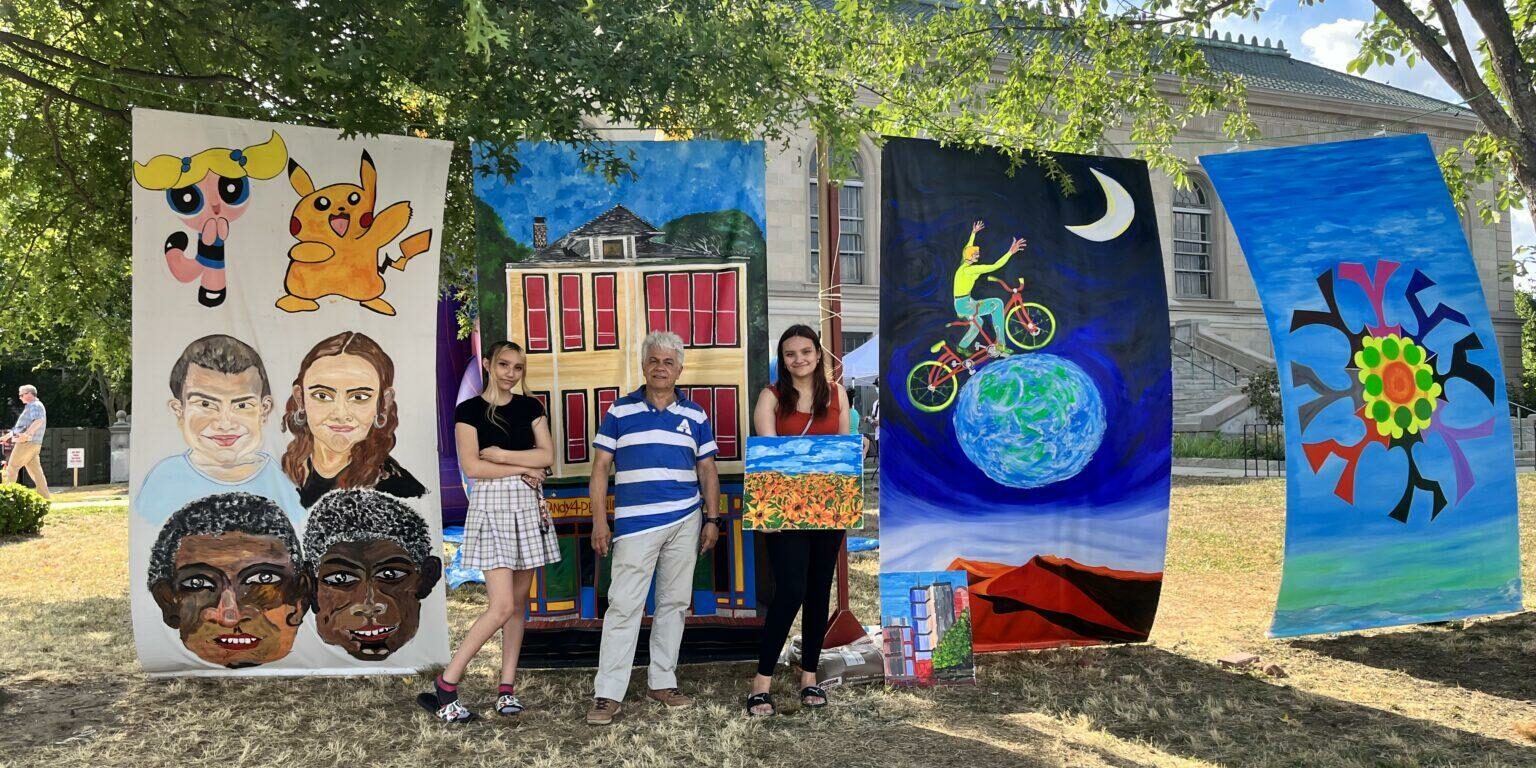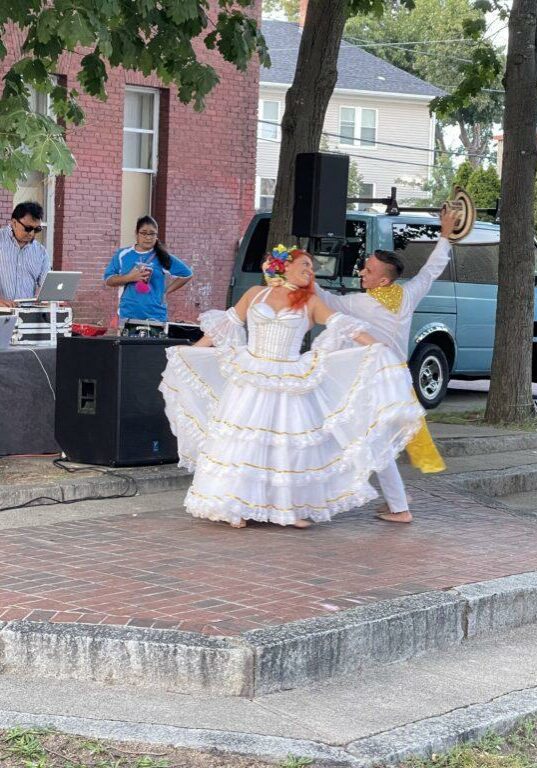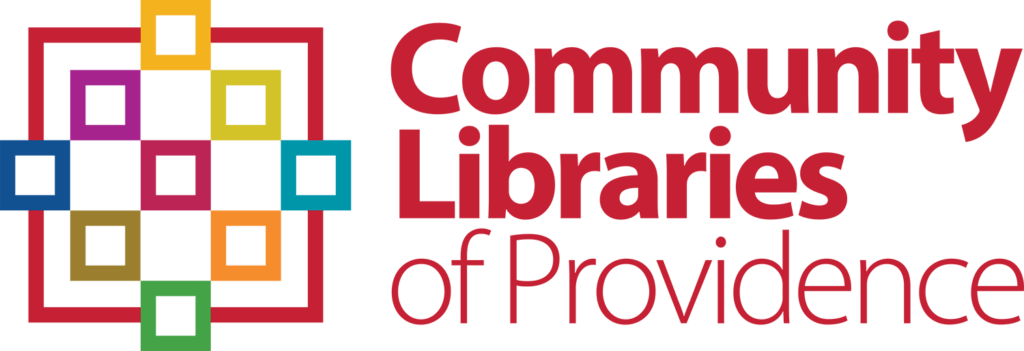Our Story
Community Libraries of Providence was founded in 2009 by a group of community members dedicated to assuring the continued operation of all nine of our community libraries. CLPVD immediately became the largest library system in the state and, in effect, the city's second largest free educational institution after the Providence Public School Department. Today, and in the future, Community Libraries of Providence will continue to be a vital part of our neighborhoods.

Our Mission
Community Libraries of Providence serves the culturally rich people of Providence by adapting to their evolving reading and information needs with a diverse staff that delivers relevant library resources and programs, cultivates meaningful partnerships and promotes vibrant neighborhoods.
Our Vision
Community Libraries of Providence will provide welcoming and safe physical and intellectual space for a diverse population through its network of neighborhood libraries. These essential community hubs will provide free and relevant educational and cultural resources and programming for individuals and groups that meet their needs for reading, literacy, lifelong learning, exploration, discovery, and enjoyment.
Overview of Our Library
Community Libraries of Providence is composed of nine neighborhood libraries. Three of these are larger libraries serving an entire region of the city; these are Rochambeau Library on the East Side, Mt. Pleasant Library on the West Side, and Knight Memorial Library on the South Side. The six additional libraries serve their immediate neighborhoods; these are the libraries in Fox Point, Smith Hill, Washington Park, South Providence, Olneyville and Wanskuck. The individual libraries are linked into a comprehensive library system which is also a member of Ocean State Libraries network.
Community Libraries of Providence is governed by a board of up to 25 members. In order to ensure broad-based representation and accountability to both patrons and taxpayers some board members are elected by each library's Friends group, others are appointed by the Mayor, the City Council, and the Governor, and some are elected by the Board itself.



